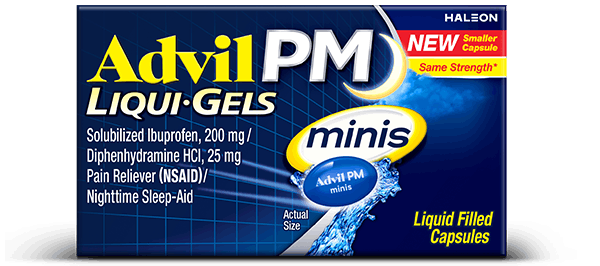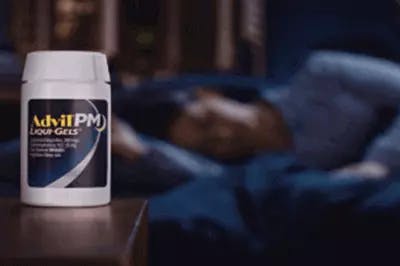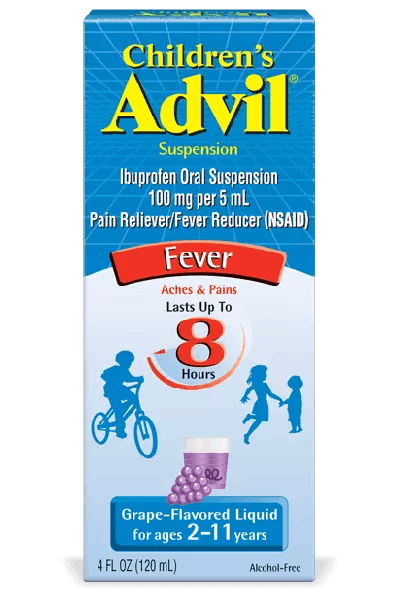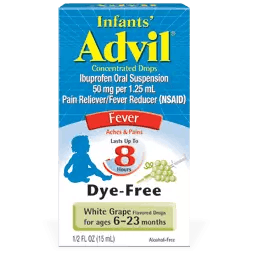Does Anxiety Cause Headaches?
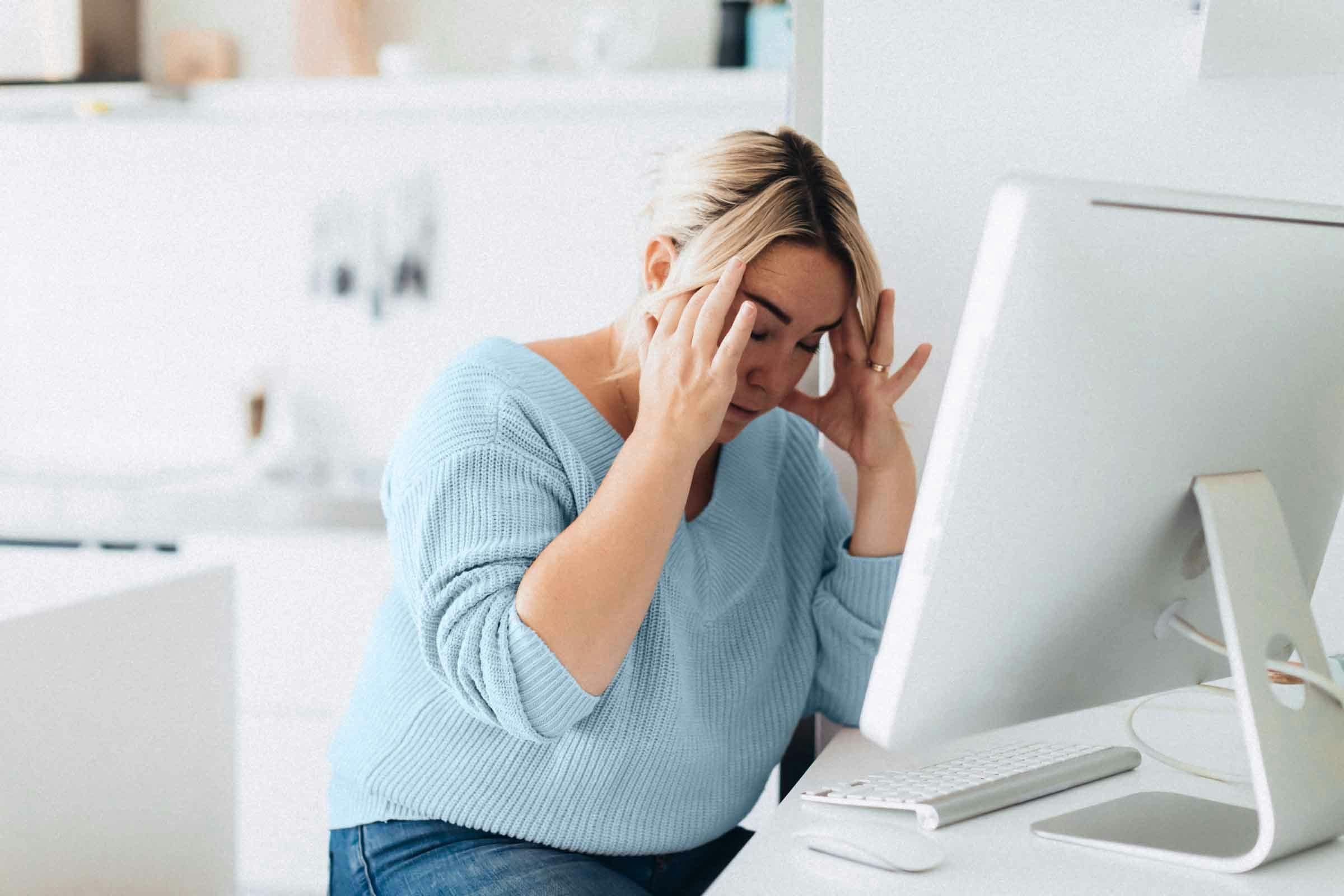
Anxiety causes unpleasant mental and physical symptoms that disrupt your everyday routine, including headaches.1 Although major life events cause stress, anxiety related to daily stressors from work, school, or driving in traffic can also often trigger headaches.1 It’s not possible to eliminate all sources of anxiety in your life but understanding your headache triggers can help you prevent and manage them.1
What Is an Anxiety Headache?
Anxiety and stress can cause different types of headaches, depending on your triggers and symptoms. Typically, anxiety triggers tension headaches and migraines.1
Tension-type headaches cause mild to moderate pain that’s typically described as feeling like a band around the head.2 The dull, aching head pain may also be accompanied by tenderness in the scalp, neck, and shoulder muscles.2
Migraine headaches cause severe throbbing pain, typically on one side of the head, and can be accompanied by other symptoms like nausea, vomiting, and sensitivity to light and sound.3 Migraine pain can interfere with your daily routine and last for hours or days. Although anxiety doesn’t directly cause migraines, it can trigger them in people who experience migraines.3 Migraines are also common in people who suffer from anxiety disorders.4
Anxiety Headache Symptoms
Anxiety headache symptoms vary depending on the type of headache your anxiety triggers. While tension headaches cause mild to moderate head pain, migraines typically cause severe pain that interferes with your routine.2,3 Since headaches can be triggered by many different lifestyle and environmental triggers, knowing the symptoms of anxiety can help you determine if it’s triggering your headaches. Common anxiety symptoms include:5
- Feeling nervous or tense
- Having a sense of impending doom
- Increased heart rate
- Rapid breathing or hyperventilation
- Unusual sweating or trembling
- Difficulty concentrating
- Difficulty falling or staying asleep
If your anxiety symptoms persist, occur frequently, or interfere with your daily life, ask your doctor about potential treatment. While lifestyle changes can help reduce anxiety, some people may need additional help from therapy or anti-anxiety medication.
What Causes Anxiety Headaches?
There’s no one cause for headaches, but chemical activity within your brain and genetics both play a role. Headaches can be triggered by a range of lifestyle factors, including alcohol, certain foods, and changes in sleep.6 Stress and anxiety are the most common headache triggers.7
Although headaches aren’t directly caused by anxiety, headaches are more likely to occur when you’re stressed.1 When you feel stressed or anxious, your body may respond physically, by tensing your muscles or grinding your teeth. These physical responses may trigger or worsen your headaches.1
How to Prevent Anxiety Headaches
If you notice your headaches are triggered by anxiety, you can take steps to help prevent them. Reducing daily stressors may minimize or even prevent headaches from occurring.1
- Try relaxation techniques. Practicing relaxation for as few as 10 minutes each day may help reduce your anxiety. Try yoga, tai chi, or deep breathing exercises.
- Get enough sleep. Not getting adequate sleep each night can make stress more challenging to manage. Lack of sleep can also cause headaches, so make rest a priority.
- Exercise regularly. Exercise can help prevent headaches and improve your mood by providing a break from the stress of your daily routine.
- Simplify your schedule. Trying to pack your day with too many activities and responsibilities often causes unnecessary anxiety. Focus on prioritizing the most important things you need to get done each day.
Tips for Treating Anxiety Headaches
You won’t always be able to avoid anxious situations or prevent anxiety-related headaches from occurring. Once your headache has started, you can take steps to treat your pain and discomfort quickly.8
Tension-type headaches, also often triggered by anxiety, are easily treated with over-the-counter medication like Advil Tablets or Advil Dual Action.8 If your tension headaches occur frequently, your doctor may also recommend a daily prescription medication to help manage your symptoms.8
Migraine treatment aims to relieve symptoms and prevent additional attacks.8 Treatment options include pain relieving medication formulated specifically for migraines, like Advil Migraine, one of the few OTC products specifically studied and approved by the FDA to treat migraines.8 If you frequently experience migraines, your doctor may also recommend prescription medication. Other ways to ease migraines caused by anxiety include:8
- Laying down in a cool, dark room.
- Applying hot or cold compresses to your head and neck.
- Drinking small amounts of caffeine.
Anxiety and stress are a part of everyday life, but headaches caused by anxiety don’t need to be. By making lifestyle changes and treating symptoms with headache medication, you can stop anxiety-related headaches from disrupting your everyday life.
SOURCES
1. Headaches: Reduce stress to prevent the pain. https://www.mayoclinic.org/diseases-conditions/tension-headache/in-depth/headaches/art-20046707. Accessed 10/20/2022.
2. Tension headache symptoms and causes. https://www.mayoclinic.org/diseases-conditions/tension-headache/symptoms-causes/syc-20353977. Accessed 10/20/2022.
3. Migraine. https://www.mayoclinic.org/diseases-conditions/migraine-headache/symptoms-causes/syc-20360201/. Accessed 10/20/2022.
4. Headaches. https://adaa.org/understanding-anxiety/related-illnesses/headaches. Accessed 10/20/2022.
5. Anxiety disorders. https://www.mayoclinic.org/diseases-conditions/anxiety/symptoms-causes/syc-20350961. Accessed 10/20/2022.
6. Headache. https://www.mayoclinic.org/symptoms/headache/basics/causes/sym-20050800. Accessed 10/20/2022.
7. Headache triggers. https://www.mountsinai.org/care/neurology/services/headache/triggers. Accessed 10/20/2022.
8. Headaches: Treatment depends on your diagnosis and symptoms. https://www.mayoclinic.org/diseases-conditions/chronic-daily-headaches/in-depth/headaches/art-20047375. Accessed 10/20/2022.
By clicking the link(s) above, you will be taken to an external website that is independently operated and not managed by Haleon. Haleon assumes no responsibility for the content on the website. If you do not wish to leave this website, do not click on the links above.
